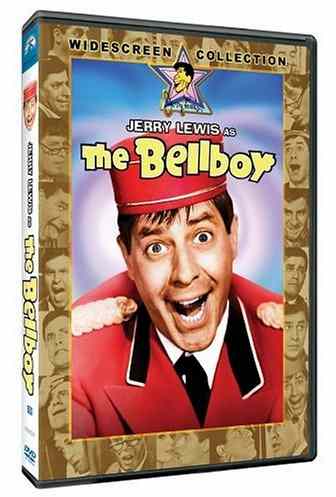From the Chicago Reader (June 1, 1988). . — J.R.

Whether you like this or not — and it’s quite possible that you won’t — this has got to be one of the weirdest and most original movies around. Written and directed by former film critic and scriptwriter-turned-director Paul Mayersberg (The Man Who Fell to Earth), whose previous solo feature never hit these shores, this is produced by Julie Corman, wife of Roger, and harks back to a lot of 60s Corman productions in various ways, for better and for worse; it also may be the first U.S. exploitation film to show the influence of Raul Ruiz in its striking use of colors and color filters, and Jasper Johns springs to mind in relation to some of the set painting. Mayersberg’s starting point and putative focus is Isaac Asimov’s famous SF story, set on the planet Lagash, where it is always daylight, shortly before its civilization collapses; David Birney, Sarah Douglas, Andra Mylian, and Alexis Kanner head the cast, and much of the action and decor reflect a series of interesting solutions for representing an alien culture as cheaply as possible. If you’re looking for something different, make sure to catch this oddity. Read more
From Time Out (London), June 4-10, 1976. I’ve always had very mixed feelings about this commissioned cover-story piece, especially about its stupid and offensive title (not mine) as well as what I now regard as a certain conformist pandering to what I regarded as mainstream taste. As I recall, the whole piece was written very quickly, following the capricious whim of the magazine’s editor. I especially regret the way I fell into some of the mindless consensus of condemning The Day the Clown Cried without having seen any part of it, which by now has become a standard reflex in Anglo-American Lewis-bashing. I’ve corrected a couple of factual errors. -– J.R.

Who is Jerry Lewis?

A comedian who has acted in over three dozen films, eight of which he’s directed, himself.I became a fan back in 1949, when he first appeared as secondary comic relief in ‘My Friend Irma’, and followed him religiously through his countless vehicles with Dean Martin in the 50s. As I grew older, critics began to warn me that he was childish and self-indulgent, friends groaned whenever his name cropped up, and I discovered that he usually came across as a sanctimonious prig whenever he made personal appearances on TV. Read more



